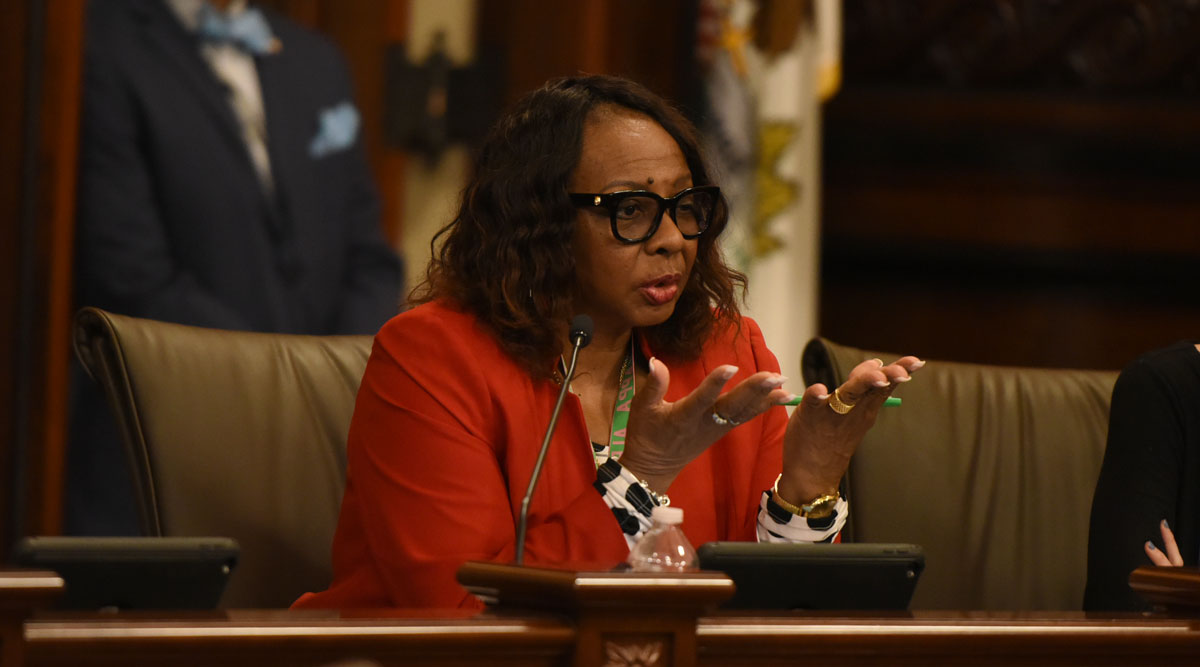
The Illinois Legislative Black Caucus wrapped up more than two months of committee hearings in an effort to provide legislators with a look at lingering problems that Black Illinoisans face and identifying a path forward to eliminating systemic racism.
The hearings began after the caucus outlined its four-pillar legislative agenda in early September to identify measures that will put Illinois on a course for racial and economic equity. Those pillars are:
I. Criminal justice reform, violence reduction and police accountability
II. Education and workforce development
III. Economic access, equity and opportunity
IV. Health care and human services
This week began with a hearing of the Senate Public Health and Human Services committees focused on health care disparities and recommendations on how to improve the system for minorities.
For Black women, the rate of dying from cervical cancer is two to three times higher than it is for white women. Additionally, Black women are dying from breast cancer at a 39% higher rate.
“Our health care system is deeply flawed, but over the last few weeks, we’ve heard many recommendations on where to start reforming it,” said Senator Mattie Hunter (D-Chicago). “We must all be more informed about health literacy and examine the social determinants of health so that everyone has equal access to nourishment and well-being.”
Hunter and other members of the committee said they look forward to working with health professionals to incorporate policies that combat the disparities in the health care system, working to make it more equitable and productive for all Illinoisans.
Later in the week, the Senate Executive, Commerce and Economic Development, and Labor Committees discussed wage equity, workers’ rights and consumer protection.
“Income inequality among low- and moderate-income Illinoisans has become a defining feature of our society,” said Senator Christopher Belt (D-Centreville). “Eliminating the wage gaps would provide much-needed income to people of color whose wages sustain their households.”
Ensuring fair wages for Black workers on the job and ending wage disparities for Black women, men and people with records was one of the group’s main priorities. Additionally, it focused on how to implement more consumer protection from exploitation, scams, businesses and industries that specifically prey on low-income communities.
Despite the cancellation of the fall session of the General Assembly following spikes of COVID-19 cases, Senate Majority Leader Kimberly A. Lightford said she is confident the Illinois Legislative Black Caucus will continue its efforts to rid Illinois of systemic racism.
“We are still in the midst of a pandemic, and COVID-19 cases are surging across the state. I agree with President Harmon and Speaker Madigan that the risk is too high to convene at this time,” said Lightford, chair of the ILBC. “While we will not be able to pass legislation as soon as we hoped, the urgency to bring an end to systemic racism remains.”
The group will bring up the comprehensive package upon return to Springfield.













 © 2026 Illinois Senate Democratic Caucus
© 2026 Illinois Senate Democratic Caucus